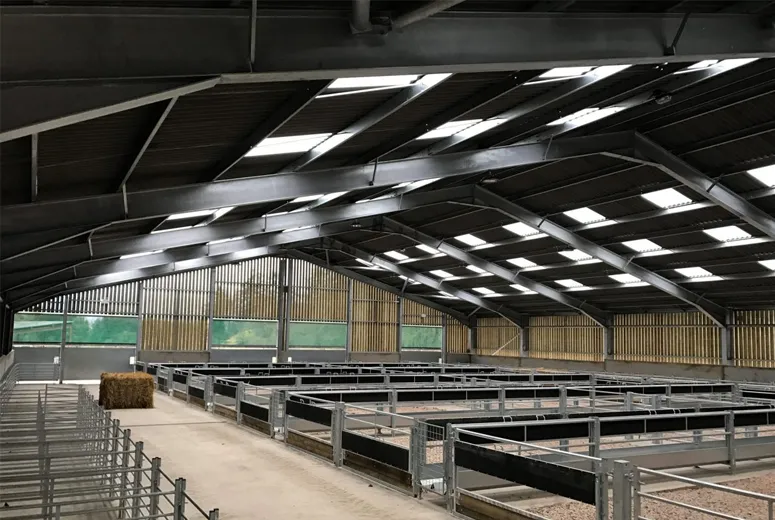- Afrikaans
- Albanian
- Amharic
- Arabic
- Armenian
- Azerbaijani
- Basque
- Belarusian
- Bengali
- Bosnian
- Bulgarian
- Catalan
- Cebuano
- Corsican
- Croatian
- Czech
- Danish
- Dutch
- English
- Esperanto
- Estonian
- Finnish
- French
- Frisian
- Galician
- Georgian
- German
- Greek
- Gujarati
- Haitian Creole
- hausa
- hawaiian
- Hebrew
- Hindi
- Miao
- Hungarian
- Icelandic
- igbo
- Indonesian
- irish
- Italian
- Japanese
- Javanese
- Kannada
- kazakh
- Khmer
- Rwandese
- Korean
- Kurdish
- Kyrgyz
- Lao
- Latin
- Latvian
- Lithuanian
- Luxembourgish
- Macedonian
- Malgashi
- Malay
- Malayalam
- Maltese
- Maori
- Marathi
- Mongolian
- Myanmar
- Nepali
- Norwegian
- Norwegian
- Occitan
- Pashto
- Persian
- Polish
- Portuguese
- Punjabi
- Romanian
- Russian
- Samoan
- Scottish Gaelic
- Serbian
- Sesotho
- Shona
- Sindhi
- Sinhala
- Slovak
- Slovenian
- Somali
- Spanish
- Sundanese
- Swahili
- Swedish
- Tagalog
- Tajik
- Tamil
- Tatar
- Telugu
- Thai
- Turkish
- Turkmen
- Ukrainian
- Urdu
- Uighur
- Uzbek
- Vietnamese
- Welsh
- Bantu
- Yiddish
- Yoruba
- Zulu
Dec . 09, 2024 16:51 Back to list
The Essentials of Industrial Shed Design
In today's rapidly evolving industrial landscape, the importance of well-designed industrial sheds cannot be overstated. Industrial sheds serve as the backbone of manufacturing facilities, warehouses, and service centers, and their design plays a vital role in optimizing workflows, improving safety, and ensuring sustainability. This article delves into the fundamental aspects of industrial shed design, highlighting key considerations that should be made during the planning and construction phases.
1. Purpose and Functionality
The first step in designing an industrial shed is to clearly define its purpose. Different industries have varying requirements, whether it’s automotive assembly lines, cold storage facilities, or research laboratories. Understanding the specific needs will dictate factors such as the layout, materials, and equipment needed. For example, a manufacturing facility may require high ceilings to accommodate large machinery, while a warehouse might prioritize open space for efficient storage and retrieval.
2. Structural Integrity
An industrial shed must be built to withstand the rigors of industrial environments. This includes considering factors such as load-bearing capacity, resistance to environmental conditions, and longevity. The choice of materials, such as steel, concrete, or timber, is crucial. Steel is often preferred for its strength and durability, while also allowing for larger spans and open spaces. Structural engineering assessments should be conducted to ensure compliance with building codes and safety regulations.
3. Flexibility and Expansion
As businesses grow, the need for additional space or reconfiguration arises. A well-designed industrial shed should incorporate flexibility to adapt to changing needs. This may include modular components that can be easily added or rearranged, or open-plan designs that can accommodate various layouts without significant reconstruction. Planning for future expansion not only saves costs in the long run but also minimizes operational disruptions.
industrial shed design

Incorporating sustainable practices into industrial shed design is becoming increasingly essential. This can include energy-efficient lighting, proper insulation to reduce heating and cooling costs, and the use of renewable energy sources such as solar panels. Additionally, sustainable materials should be considered to minimize the environmental footprint. Designing for energy efficiency not only benefits the environment but can significantly lower operational costs, providing a competitive edge in the market.
5. Safety and Compliance
Safety is paramount in any industrial setting. Designing an industrial shed involves ensuring compliance with local safety regulations and standards. This includes appropriate fire safety measures, ventilation systems, and accessibility for workers. Ergonomic design principles can also be applied to minimize the risk of injury among employees by promoting efficient workflows and reducing physical strain.
6. Aesthetic Considerations
While functionality is crucial, the aesthetic aspect of industrial shed design should not be overlooked. An attractive exterior can enhance the overall image of a business and contribute to employee morale. Utilizing modern architectural designs and materials can transform a functional shed into an appealing structure that represents the brand well.
Conclusion
The design of an industrial shed is a multifaceted process that requires careful consideration of diverse factors including purpose, structural integrity, flexibility, sustainability, safety, and aesthetics. A well-planned industrial shed not only supports the operational needs of a business but also conveys a commitment to sustainability and safety. By prioritizing these elements, companies can create functional, efficient, and environmentally friendly industrial spaces that stand the test of time. As industry standards continue to evolve, embracing innovative design practices will be key to staying competitive in the global market.
-
How Do Prefabricated Steel Structures Transform Modern Construction?
NewsJul.14,2025
-
How Do Prefabricated Metal Buildings Redefine Modern Construction?
NewsJul.14,2025
-
How Do Prefab Insulated Metal Buildings and Steel Structures Revolutionize Modern Construction?
NewsJul.14,2025
-
How Do Pre - Engineered Steel Structures Redefine Modern Construction?
NewsJul.14,2025
-
Advancing Modular Construction with Prefabricated Metal Structures
NewsJul.14,2025
-
Advancing Industrial Infrastructure with Prefabricated Steel Solutions
NewsJul.14,2025
Products categories
Our Latest News
We have a professional design team and an excellent production and construction team.












